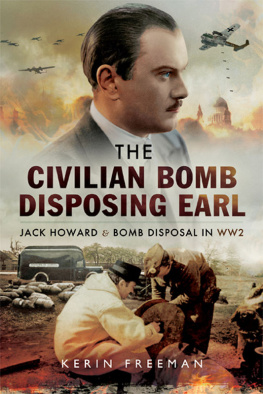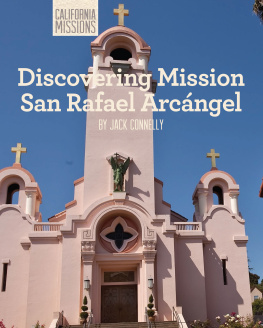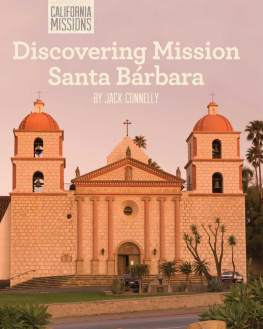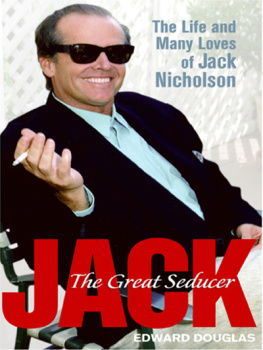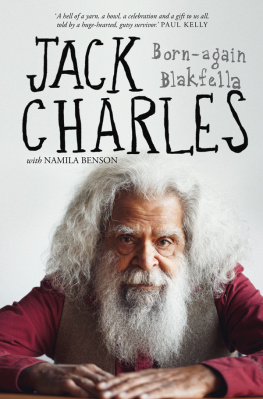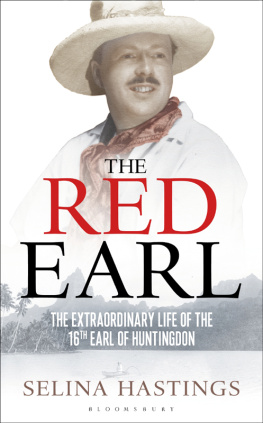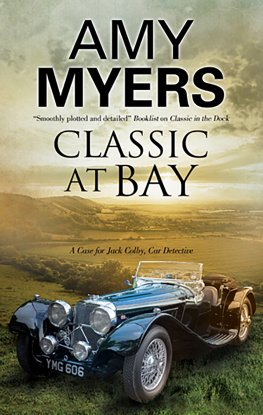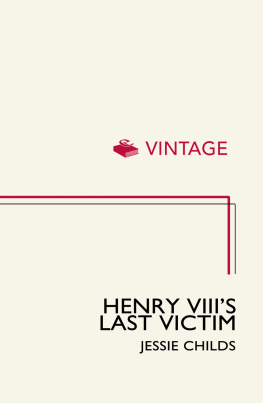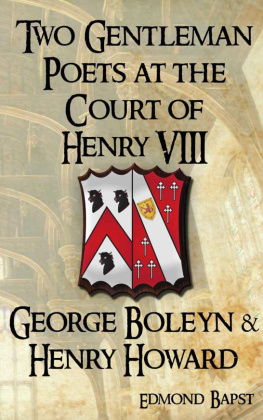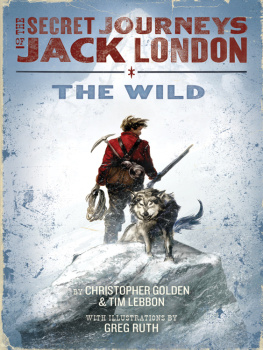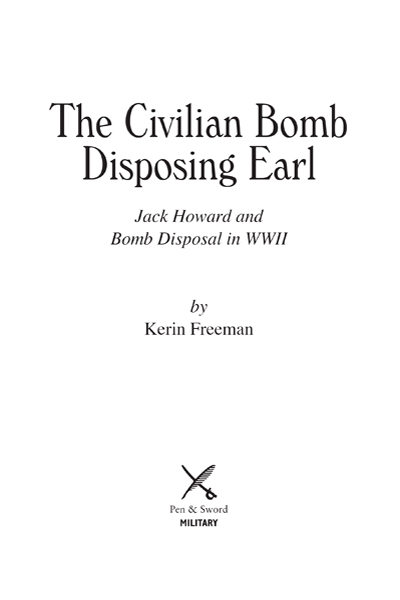
First published in 2015 by
Pen and Sword Military
An imprint of
Pen & Sword Books Ltd
47 Church Street
Barnsley
South Yorkshire
S70 2AS
Copyright Kerin Freeman, 2015
ISBN 978 1 47382 560 4
eISBN 9781473857704
The right of Kerin Freeman to be identified as Author of this work has been asserted by her in accordance with the Copyright, Designs and Patents Act 1988.
A CIP catalogue record for this book is available from the British Library.
All rights reserved. No part of this book may be reproduced or transmitted in any form or by any means, electronic or mechanical including photocopying, recording or by any information storage and retrieval system, without permission from the Publisher in writing.
Pen & Sword Books Ltd incorporates the Imprints of Pen & Sword Aviation, Pen & Sword Family History, Pen & Sword Maritime, Pen & Sword Military, Pen & Sword Discovery, Pen & Sword Politics, Pen & Sword Atlas, Pen & Sword Archaeology, Wharncliffe Local History, Wharncliffe True Crime, Wharncliffe Transport, Pen & Sword Select, Pen & Sword Military Classics, Leo Cooper, The Praetorian Press, Claymore Press, Remember When, Seaforth Publishing and Frontline Publishing
For a complete list of Pen & Sword titles please contact
PEN & SWORD BOOKS LIMITED
47 Church Street, Barnsley, South Yorkshire, S70 2AS, England
E-mail: enquiries@pen-and-sword.co.uk
Website: www.pen-and-sword.co.uk
Contents
Heraldry
CHAPTER
Dedicated to Jack, Fred and Beryl
It is not the critic who counts, not the man who points out how the strong man stumbled, or where the doer of deeds could have done better. The credit belongs to the man who is actually in the arena, whose face is marred by dust and sweat and blood, who strives valiantly, who errs and comes short again and again, who knows the great enthusiasms, the great devotions, and spends himself in a worthy cause. Who, at best, knows achievement and who, at the worst, if he fails at least fails while daring greatly so that his place shall never be with those cold and timid souls who know neither victory nor defeat?
Theodore Roosevelt, recipient of the1906 Nobel Peace Prize, from a speech given at the Sorbonne, Paris in 1910.
ACKNOWLEDGEMENTS
I could not have written this book without the help of some truly amazing people, and if I have left anyone out please forgive me. I thank them for their support and faith in me.
The author has attempted to trace the copyright holders of information reproduced in this book and apologizes to them if permission to publish has not been obtained.
I must first express my deep gratitude for the kindness and humour shown to me by Charles Howards son, the Honourable Maurice Howard, the archivist in the family, who has been extremely generous with his critique in the reading of my first and last draft and supported my endeavours.
I am immensely indebted to those fine people on the other side of the world who were receptive to my pleas for help: Chris Ransted and Lieutenant Commander Rob Hoole, MBA, MCMI, MIExpE, MNI, RN, thank you for all your help at the beginning of my quest, you gave me hope there would be more to find.
My warmest appreciation to John Bartleson, Jr, EOD, MNCM, CWO4, USN(ret.) and naval historian who, with his great sense of humour and remarkable knowledge of bomb disposal, has guided and supported me along the way. Steve Venus, a UK expert in German bomb fuses, too, a godsend. Thank you both for sharing your technical knowledge and encouraging someone who, before writing this book, never really thought very much on the subject.
My sincere thanks go to Clare Sergent at Radley College, and also to Miss S. Foster the archivist at Winchester College for their willingness to help in my project. I am indebted to Terry Hissey, Marion Hebblethwaite, Noel Cashford, MBE, (sadly not with us anymore) and Terry Oliver, you enabled me to gain a better grasp on civil defence and the holders of the George Cross.
John Hannaford, an ex-Second World War bomb disposal officer with a remarkable memory and a sweet heart, was kind enough to write down his experiences during those dreadful times and his remembrances of the Earl.
My gratitude goes to both Richard Hards and Eileen Frankie Clark for sharing with me their memories, photographs, and documents on Fred and Beryl. I was also very fortunate to find Don Cody, Gena and Donald Brown, thank you for your efforts in helping me piece together Olaf Paulsens life. My thanks also to Amanda Whitrod, a relative of Adelaide McColm, for sending information on Captain McColm and his family. You never met me yet you opened your hearts and that is very precious.
Credit must also go to David Sampson, the British Ordnance Collector Network (BOCN), The British Library, MoD, Swindon & Wiltshire Archives, the Australian National Maritime Museum in Sydney, John Oxley Library at the State Library of Queensland, The Imperial War Museum, the National Army Museum, National Monuments Record Centre in Swindon, the National Archives, Ken Chamberlain of the Erith Borough Historical Society, Major Emlyn Jones, CBE, MBE for his recall of that sad day, Eric Wakeling, and Eric Laureys for allowing me to use his research into diamonds, also J & J Denholm Ltd. Roy Martin, Bruno Comer, Chaim Even-Zohar and the Antwerp Diamond Bank, much appreciation for all your help.
I am indebted to Hugh Gregory for those wonderful memories of his mother who met the Earl, and to the wonderful Henry Bishop, now in his 90s, and Ken Tinker (ex-RAF, ex-RCAF) for their excellent recollections of that fateful day in 1941 (Ken Tinker, sadly, died in October 2013). To Les Cooper (who passed away in April 2012), Don Dippelsman in Australia, Alan Craxford for sharing information with me about Mimi, Chloe Howard in the US, and Dr Michael Moss for allowing me to read his fathers notes on meeting with the Earl it was a pleasure on my part to read your fathers war diary.
Recognition must also go to Alastair Massie at the National Army Museum, UK, Alastair Wilson at the Army Personnel Centre in Glasgow, David Read from the Soldiers of Gloucestershire Museum, and Sandy Sanderson, curator of the Explosive Ordnance Disposal Technical Information Centre (EODTIC). My warm appreciation to Pen & Sword Books for all the work they have put into this book and their faith in me.
Finally, the endless support of my family Simon, Laura and Mel, and my good friends, is beyond measure. Last but definitely not least, Julian Dickon I would never have undertaken this mission in the first place without his help.
Kerin Freeman, 2014
INTRODUCTION
Just over 5 years ago an old friend told me of a story that caught his eye 20 years earlier in the Readers Digest. I had never heard of the man he was talking about and my friends recollections were hazy at most. He could only remember the man was an Earl. An Earl of what he wasnt sure, but I was hooked. I began my research but ended up with very little and became frustrated. Months went by. Then one day, time worked its magic and my friend remembered it was Charles Henry George Howard, 20th Earl of Suffolk, 13th Earl of Berkshire, GC, FRS.
Charles Henry George Howard, affectionately known as Jack to his family and friends, was a product of an ancestral family that had been for hundreds of years cloaked in an intrigue of politics, power and a nobility of spirit. He inherited a whirlpool of Jewish American and Catholic/ Protestant English blood and his mothers adventurous spirit. He also inherited the genes of his uncle, the Honourable James Knyvett Estcourt Howard, another intrepid explorer who had the misfortune of having his right foot and the fingers on both hands amputated after only just managing to survive the freezing, numbing weather of British Columbia while out hunting for moose.
Next page
